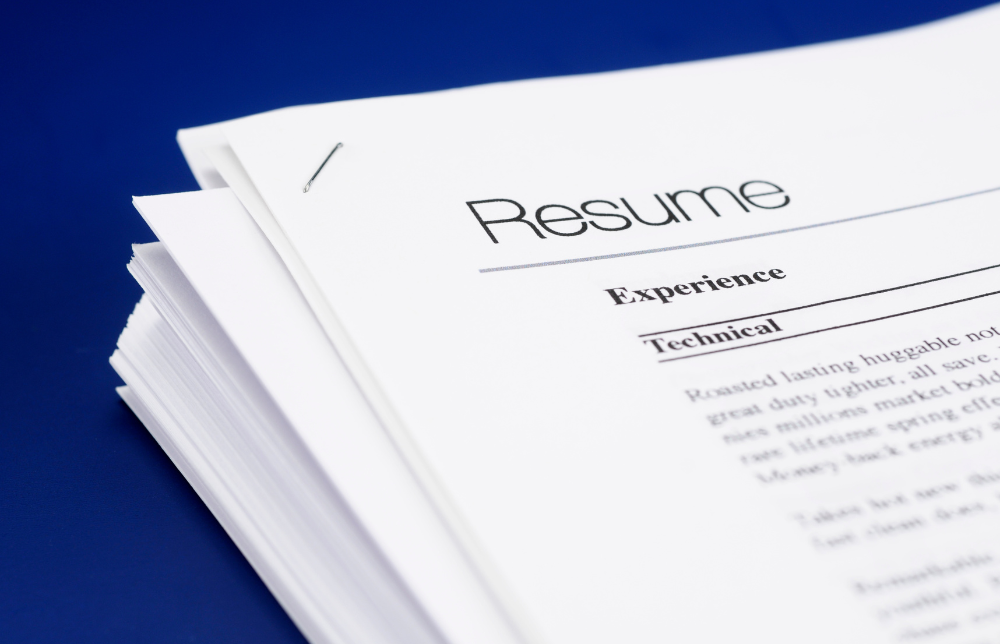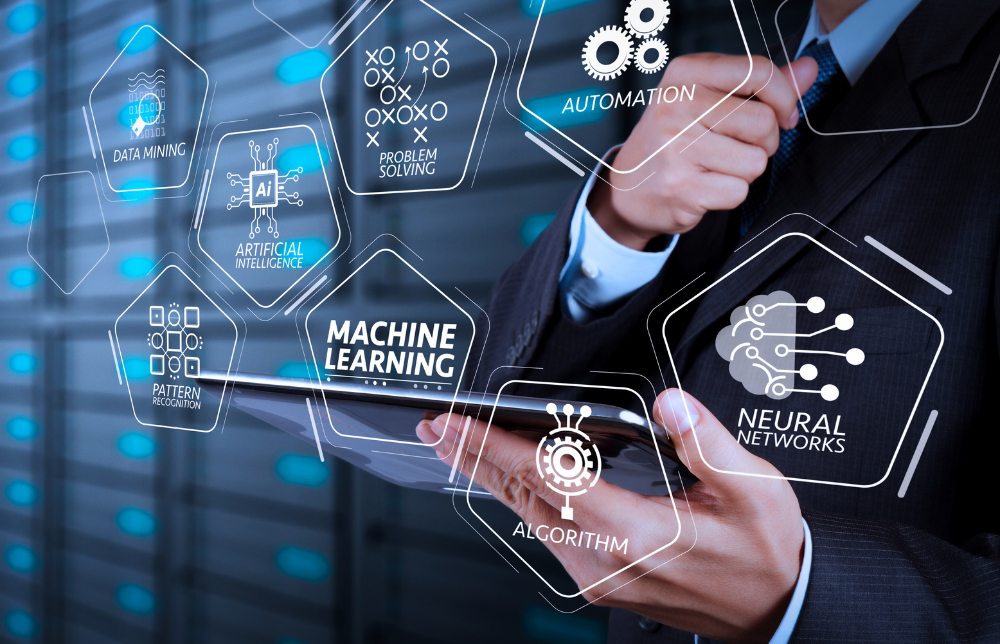How to attract, engage and retain Gen Z
Digital Integrators. Generation Connected. Dot.com kids. These are just some of the creative terms used to label the newest – and largest – generation to enter the workforce: Gen Z. ...

Digital Integrators. Generation Connected. Dot.com kids. These are just some of the creative terms used to label the newest – and largest – generation to enter the workforce: Gen Z.
Defined as those born between 1995 and 2009, Gen Z are now aged between 10 and 24 and make up approximately 30% of the world’s population. By 2020, Gen Z will make up 20% of a multigenerational workforce – and as more Gen Zs commence employment, a shake-up of workplace culture will likely follow.
The good news is that most employers have already adapted their processes and culture in their attempts to attract and retain Gen Z’s predecessors, Gen Y (also known as millennials). The two share many similarities – much more so than Gen Y and previous generations. This might explain the intense flurry of interest several years ago about Gen Y entering the workforce, compared to the relatively low-key entrance of Gen Z.
As Deloitte states: “The millennials and Gen Z, collectively ‘MillZ’, are a generation disrupted, perpetually caught in a crossfire of social, political, and economic commotion.”[1]
How can we attract, engage, and retain this new generation of young workers?
Rethink attraction and recruitment
As the most connected generation in history, Gen Z has advanced digital skills. Employers can tap into this skillset by asking younger employees to reach out to their social media contacts during recruitment – and offer referral rewards to those who provide great talent leads. As recruitment agency Hays[2] suggests, if your job isn’t online, Gen Z won’t find it. It’s also worthwhile ensuring you’re running a quick, honest and transparent recruitment process. Hays suggests Gen Z are less interested in what the organisation says about itself because they’ll get their own insights from their own network.
New ways of working; new ways of engagement
The concept of job loyalty has changed and Millennials and now Gen Z are further refining its definition. Demographers and researchers at McCrindle predict that Gen Z will hold 17 jobs and experience 5 careers throughout their lifetimes. In short, they are adapting to the age of disruption by embracing everything the “gig economy” has to offer. Far from contract, freelance and gig employment being considered “alternative work”, as it was in the past, today more than three-quarters (81%) of Gen Z would consider joining the gig economy.
To ensure your organisation doesn’t miss out on this talent, it may require a rethink of traditional workforce planning and perhaps even job redesign. Future workforce planning should incorporate all types of work arrangements.
Work-life integration
Millennials entered the workplace just as technology started blurring the lines between work and life. But rather than fight against this shift, millennials and now Gen Z are often the ones pushing for greater workplace flexibility in order to achieve an integration rather than a balance between work and life. They’ve done this by pushing aside the idea of ‘balance’, where work sits on one side and life on the other, and are instead happy for the two to coexist – provided their employer allows them to utilise technology to work flexibly. Cloud technology, smartphones, and various collaboration tools like Slack and Zoom empower employees to work from anywhere, at any time.
It’s all about purpose
Employees lack clarity on their impact on the organization. The company fails to clearly communicate its goals to teams and individuals. Gen Z want a clear purpose for their role – they want to understand their organisation’s “reason for being” and how their contribution helps to achieve this.
Gen Z is actively driven by social issues and making a positive impact in their communities, personal relationships, and the workplace. Research[3] indicates that 38% of Gen Z’s want to work for a socially or environmentally responsible organisation, and 45% want work that has meaning and purpose beyond getting paid.
Feedback – and lots of it
Gen Z are adept multi-taskers but they also require constant feedback. Checking in with them a couple of times a year won’t cut it; they want clear goals, rewards and regularly refreshed personal challenges to keep them involved in the workplace.
So, how should feedback be delivered? Here are 6 tips from author Candace Steele Flippin[4]:
- Be intentional about the interaction.Gen Z values relationships, so focus on building a meaningful connection beyond performance metrics.
- Use active listening. Give the employee a chance to talk, and then listen. Think conversation, not broadcast.
- Don’t over-interpret. Stick to the facts, and avoid value judgments. Ask for clarity if you perceive they are do not understand.
- Start with the positive contributions. Devote plenty of time to discussing areas where they’re performing well.
- Share practical examples. Offer specific guidance and frameworks for areas where they need to improve.
- Show that you’re willing to help. Ask “How can I/we help you improve?” is a better approach than asking “How are you going to improve?”
…and yes, technology matters
Research[5] indicates that 97% of Gen Z believe technological literacy is a priority, 80% want to work with cutting-edge technologies, and 91% say technology would influence job choice among similar job offers. It’s also worth noting that 77% are willing to be technology mentors in the workplace.
Employers should emphasize the role of technology in the workplace, from hiring and onboarding to the daily work experience.
However, it’s not all about tech. Surprisingly, Gen Z also craves human interaction – they expect technology to facilitate human connections, not bypass them.
There’s also a critical role for employers to play in ensuring these young workers have the right skillsets, beyond just technical expertise. Just 57% of surveyed Gen Z believe their education has prepared them well for future careers.
According to Dell Technologies: “Gen Z are full of tech swagger, but they worry about having the right soft skills and experience for the workforce.” Top of the wish list are collaboration and communication skills.
Every generation has its strengths, weaknesses and quirks. Gen Z is just starting to demonstrate what they want and need from the workplace – it’s up to employers to meet them half-way.
ELMO Cloud HR & Payroll offers a suite of technology solutions to help you better recruit, engage and retain your employees across multiple generations. Covering the entire employee lifecycle, from “hire to retire”, ELMO’s integrated solution can also provide significant time, resource and financial savings for employers. Try ELMO’s online calculators to determine how much your organisation could save by implementing ELMO solutions.
[1] “Generation MillZ: What Australian millennials and Gen Z are really thinking”, Deloitte, 2019
[2] “Welcome Gen Z: Here’s What Employers Want From You – And How Far They’ll Adapt”, Hays, 2017
[3] “Gen Z is Here: Are You Ready?”, Dell Technologies research, 2018
[4] “Generation Z in the Workplace: Helping the Newest Generation in the Workforce Build Successful Working Relationships and Career Paths”
[5] “Gen Z is Here: Are You Ready?”, Dell Technologies research, 2018
 HR Core
HR Core 









